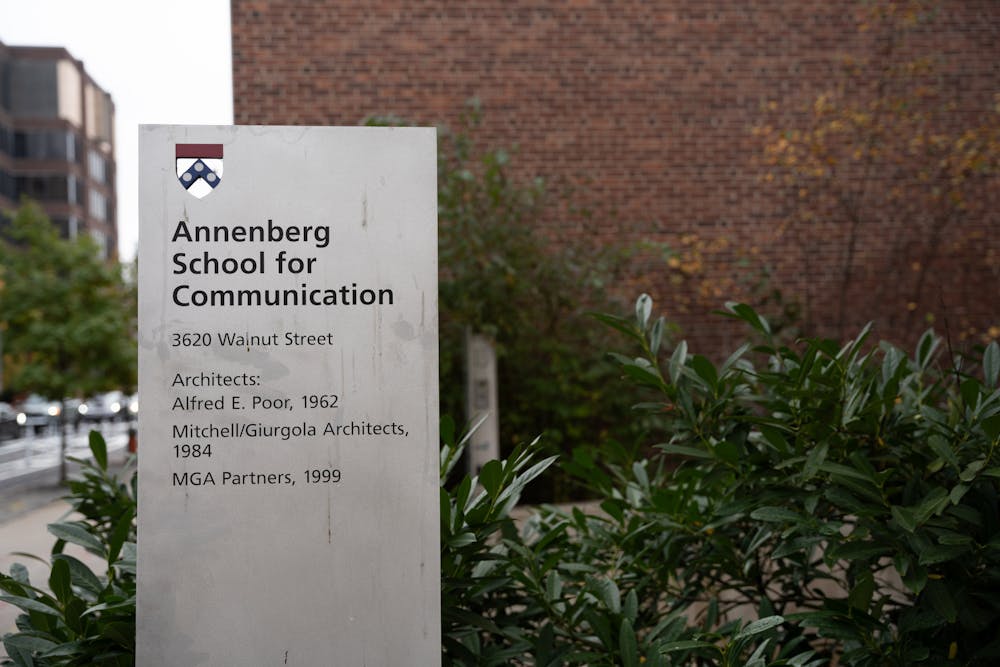
A new study by Annenberg School for Communication researchers has found that Democrats and Republicans underestimate the diversity of opinion in their own party and the opposing one.
The study — conducted by professor Yphtach Lelkes, 2022 Penn Ph.D. graduate Jacob Pearl, and Penn Ph.D. candidate Nicholas Dias — disputes the notion of severe political polarization in American politics, suggesting that many Americans have misconceptions about both major political parties.
“We’ve long thought that Americans see the other party as more extreme, but our results suggest that a greater problem may be that Americans fail to see the diversity of views within each party,” Dias said in the Annenberg School news release.
The study used a sample size of 9,405 Americans and asked them about issues that are perceived to be partisan such as abortion, gun control, and immigration. Participants were asked how they thought 20 Democrats or 20 Republicans would feel about an issue, from a ranking of zero to ten. For example, in the case of abortion, zero represented legalized abortion in all cases, whereas a ranking of ten represented a total abortion ban.
While the study found that members of both parties underestimate the diversity of each party's policy attitudes, it found little evidence that Americans overestimate the “average” attitude of Democrats or Republicans.
This research challenges the previous understanding of political polarization, which suggests that both parties overestimate how “radical” the other is. This recent Annenberg School study, however, suggests that Americans do not overestimate radical elements in each party, but rather underestimate the diversity of thought within them.
“Encouraging political media to provide a more accurate picture of each party's attitudes may help to reduce misperceptions of within-party attitude diversity and create a healthier democracy,” Lelkes, Pearl, and Dias wrote in their study.
Their findings echo those of political science professor Matthew Levendusky, who gave a talk on political polarization in September. Levendusky suggested that mainstream and social media’s focus on extreme opinions misled Americans into believing they are increasingly more polarized.
“Our research suggests that fostering awareness of the diversity within political parties could reduce partisan hostility and create space for more constructive dialogue,” Lelkes told Penn Today.
The Daily Pennsylvanian is an independent, student-run newspaper. Please consider making a donation to support the coverage that shapes the University. Your generosity ensures a future of strong journalism at Penn.
Donate






